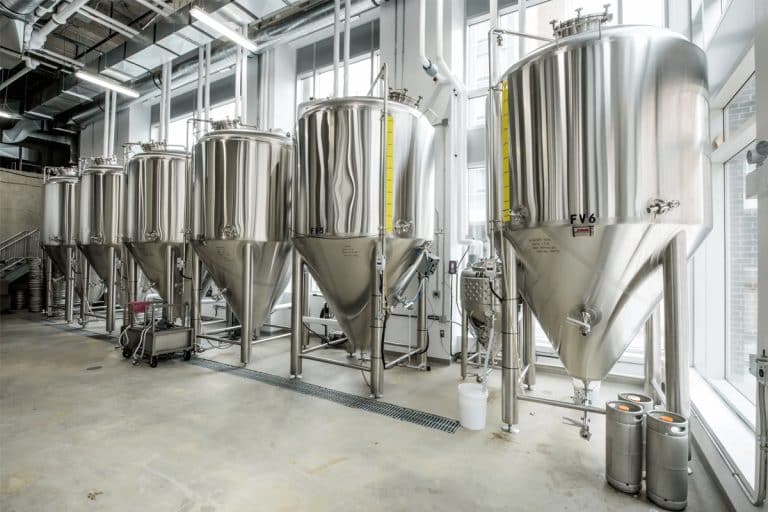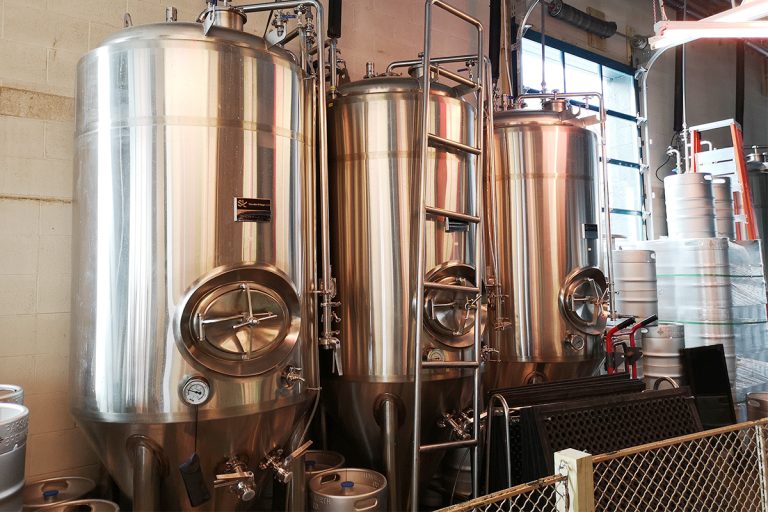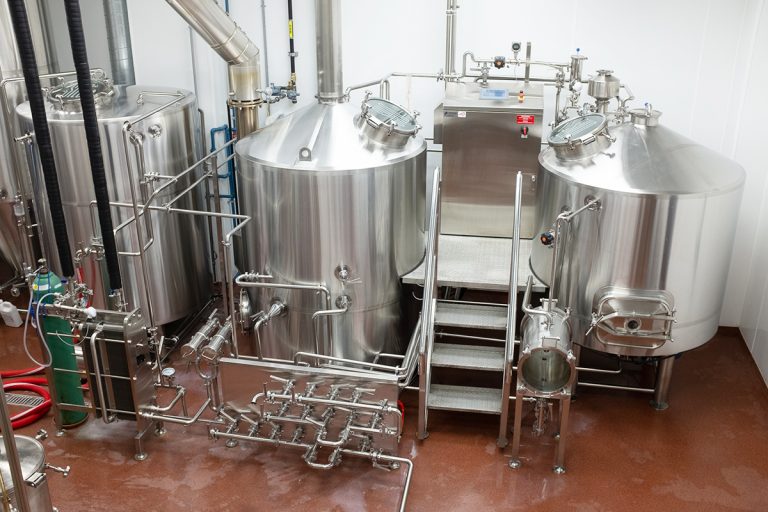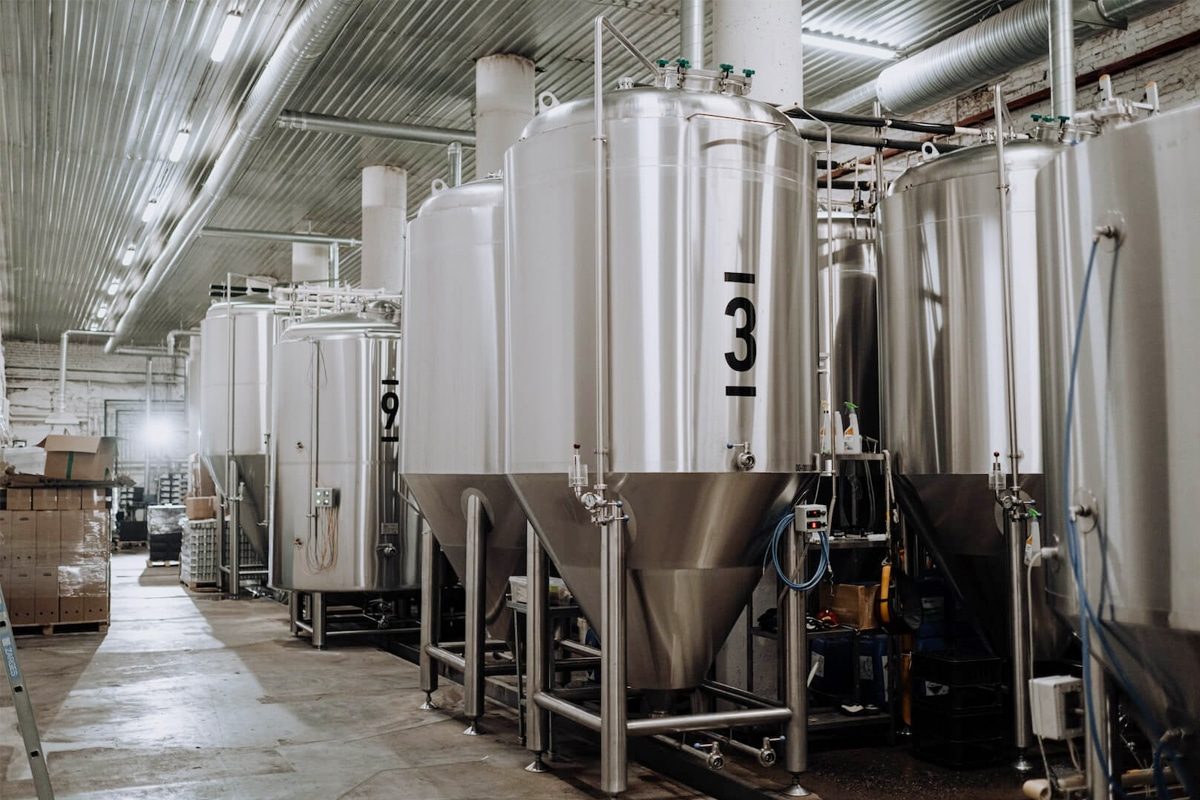
What Is The Best Business Structure For A Brewery?
Embarking on a beer brewing journey is a fusion of passion, creativity, and entrepreneurship. For many people, turning their love for crafts into a thriving business is a dream. However, in the exciting process of formula development and branding, a critical aspect that is often overlooked is choosing the right business structure. Business structure decisions are more than just formalities, they are the cornerstones that shape the legal, financial and operating environment of a brewery.
Choosing the best business structure is similar to choosing the right hops for a signature beer, it provides the foundation for legal compliance, financial viability and operational flexibility. In this comprehensive exploration, ZYB Craft embarked on a journey to find the best business structure for the brewery. An analysis of options provides brewers and aspiring entrepreneurs with the knowledge and insights they need to navigate the complexities of ownership and governance in the ever-changing brewing industry.
Complete Guide
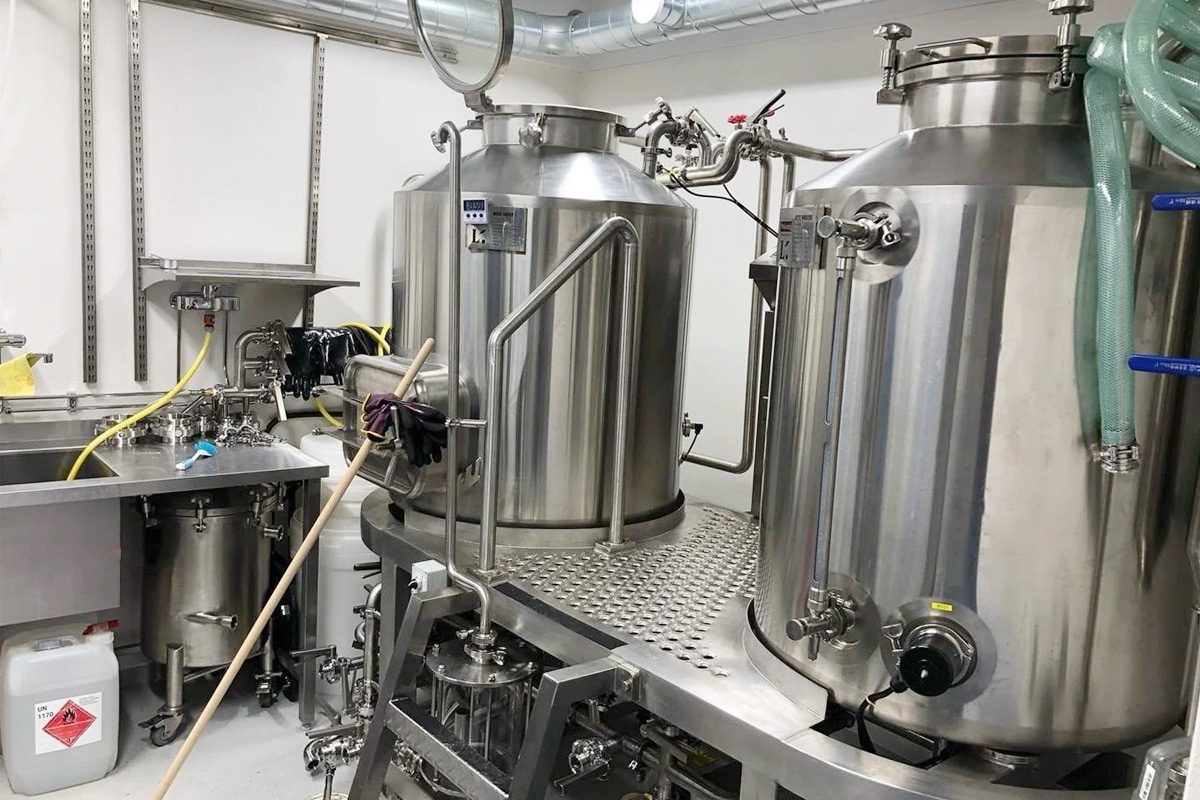
Understand Business Structure
When it comes to brewery ownership, the choice of business structure has a significant impact on the legal, financial, and operational aspects of the brewery. Here are definitions of the main business structures that brewery owners typically consider:
- Sole Proprietorship: A sole proprietorship is a business that is owned and operated by an individual. This structure provides simplicity and complete control to the owner, who is personally responsible for all aspects of the brewery’s operations and liabilities.
- Partnership: A partnership is a business entity formed by two or more individuals who agree to share ownership, profits, and liabilities. Partnerships may be structured differently and may involve a general partnership, a limited partnership, or a limited liability partnership.
- Limited Liability Company (LLC): A limited liability company (LLC) is a hybrid business structure that combines elements of a partnership and a corporation. It provides limited liability protection to its owners (members) while providing flexibility in management and tax treatment.
- Company: A company is a legal entity that exists independently of its owners (shareholders) and is established to carry out business activities. The company offers limited liability protection to shareholders, meaning they are not personally responsible for the brewery’s debts or legal obligations.
- Cooperative: A cooperative is a business owned and operated by its members, who share ownership, control, and profits. Cooperatives are based on democratic governance principles, with members enjoying equal voting rights and the right to make joint decisions.
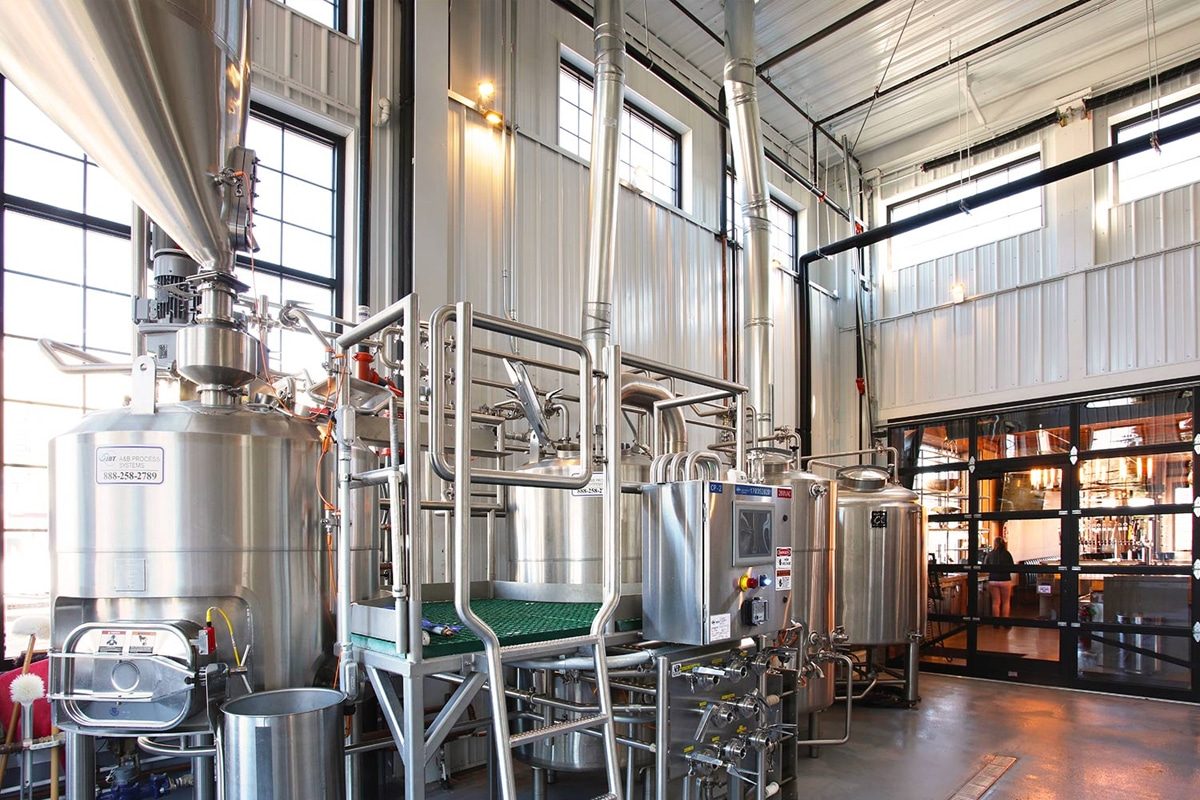
Advantages And Disadvantages Of Brewery Business Structure
Choosing the right business structure for your brewery is a critical decision that can have a significant impact on its success, growth, and sustainability. Each business structure has unique advantages and disadvantages that must be carefully considered before making a choice. Here is a comprehensive overview of the pros and cons of major brewery business structures:
Sole Proprietorship
Advantage
- Simplicity: A sole proprietorship is simple and cheap to set up and operate, requiring minimal paperwork and formalities.
- Direct Control: The owner retains full control over decisions and operations, allowing him to act quickly and decisively.
- Tax Benefits: Simplified tax reporting and potential tax deductions available to sole proprietors can result in tax savings.
Disadvantage
- Unlimited Liability: The owner is personally liable for all debts, obligations, and legal liabilities of the brewery, putting personal assets at risk.
- Limited Access to Capital: Sole proprietors may face challenges in accessing outside funding or obtaining loans due to limited credit and collateral.
- Limited Growth Potential: The owner’s limited resources and ability to obtain external funding may hinder expansion and scalability.
Partnership
Advantage
- Shared Resources: Partnerships can bring together resources, skills, and expertise, allowing breweries to benefit from different perspectives.
- Risk Sharing: Partners can share the financial risks and burdens associated with brewery operations, thereby reducing individual exposure to liabilities.
- Flexibility: A partnership provides flexibility in management structure, decision-making process, and distribution of profits among partners.
Disadvantage
- Personal Liability: The general partner is personally liable for the debts and obligations of the partnership, putting personal assets at risk.
- Potential Conflicts: Disagreements between partners over business decisions, profit sharing, or management responsibilities can strain relationships and hinder brewery operations.
- Profit Sharing: Partnerships require an equitable division of profits, which can lead to disputes over financial arrangements and remuneration.
- Dependence on Partners: Partnerships rely on the cooperation and commitment of all partners, which makes responding to changes in ownership or leadership challenging.
Limited Liability Company (LLC)
Advantage
- Limited Liability: LLC owners enjoy limited personal liability, protecting their assets from business debts, lawsuits, and legal claims.
- Tax Flexibility: LLCs offer flexibility in tax treatment, allowing owners to choose pass-through or corporate taxes based on their preferences and circumstances.
- Management Flexibility: LLCs offer flexibility in their management structure, allowing for a variety of management arrangements based on the needs and preferences of the owners.
Disadvantage
- Costs: There may be higher initial costs and ongoing expenses involved in establishing and maintaining an LLC than a sole proprietorship or partnership.
- Complexity: Forming and operating an LLC involves more paperwork, administrative tasks, and regulatory compliance than a sole proprietorship or partnership.
- Management Structure: LLCs may face challenges in defining roles, responsibilities, and decision-making processes among members, leading to potential conflicts.
- Limited Growth Potential: Compared to corporations, LLCs may face challenges in raising capital or attracting investors, limiting their growth opportunities.
Company
Advantage
- Limited Liability: Corporate shareholders enjoy limited personal liability, protecting their assets from business debts and legal liability.
- Access to Capital: Companies can raise funds by issuing shares, attracting investors, and entering financial markets to facilitate expansion and growth.
- Perpetual Existence: A company has a permanent existence, allowing continuity of operations even if there are changes in ownership or management.
Disadvantage
- Double Taxation: C corporations are subject to double taxation, with profits taxed at the corporate level and taxed again when distributed as dividends to shareholders.
- Regulatory Compliance: Companies are subject to extensive regulatory requirements, including annual filings, corporate governance standards, and shareholder reporting obligations.
- Costly Formalities: There are substantial costs involved in setting up and operating a company, including registration fees, legal fees, and ongoing compliance costs.
Cooperate
Advantage
- Shared Ownership: Cooperatives foster a sense of shared ownership and democratic control among members, promoting collaboration, equity, and inclusion.
- Social Responsibility: The Co-op prioritizes social responsibility, community involvement, and sustainable business practices, aligned with the values and preferences of many consumers.
- Tax Benefits: Cooperatives may be eligible for tax benefits, such as exemptions or reductions, for member-owned organizations or entities that promote cooperative principles.
Disadvantage
- Complex Governance: Cooperatives require democratic decision-making processes, consensus building, and member participation, which can lead to slow decision-making and operational challenges.
- Limited Access to Capital: Compared with traditional businesses, cooperatives may face difficulties in raising external capital or attracting investors, limiting their growth potential and expansion opportunities.
- Membership Requirements: Co-ops may have strict membership standards and membership transfer restrictions that limit opportunities for growth and expansion.
Each brewery’s business structure has its strengths and weaknesses, depending on factors such as the brewery’s size, desire for growth, risk tolerance, and management preferences. By carefully weighing the pros and cons of each brewery business structure and taking into account factors such as legal and regulatory considerations, financial implications, operational flexibility, liability protection, tax implications, capital requirements, and governance, brewery owners can make decisions that align with informed decisions: their goals, values, and vision for success. Consulting with legal, financial, and operational experts can provide valuable insight and guidance throughout the decision-making process, ensuring that the structure chosen sets the stage for a thriving and sustainable operation of the brewery.
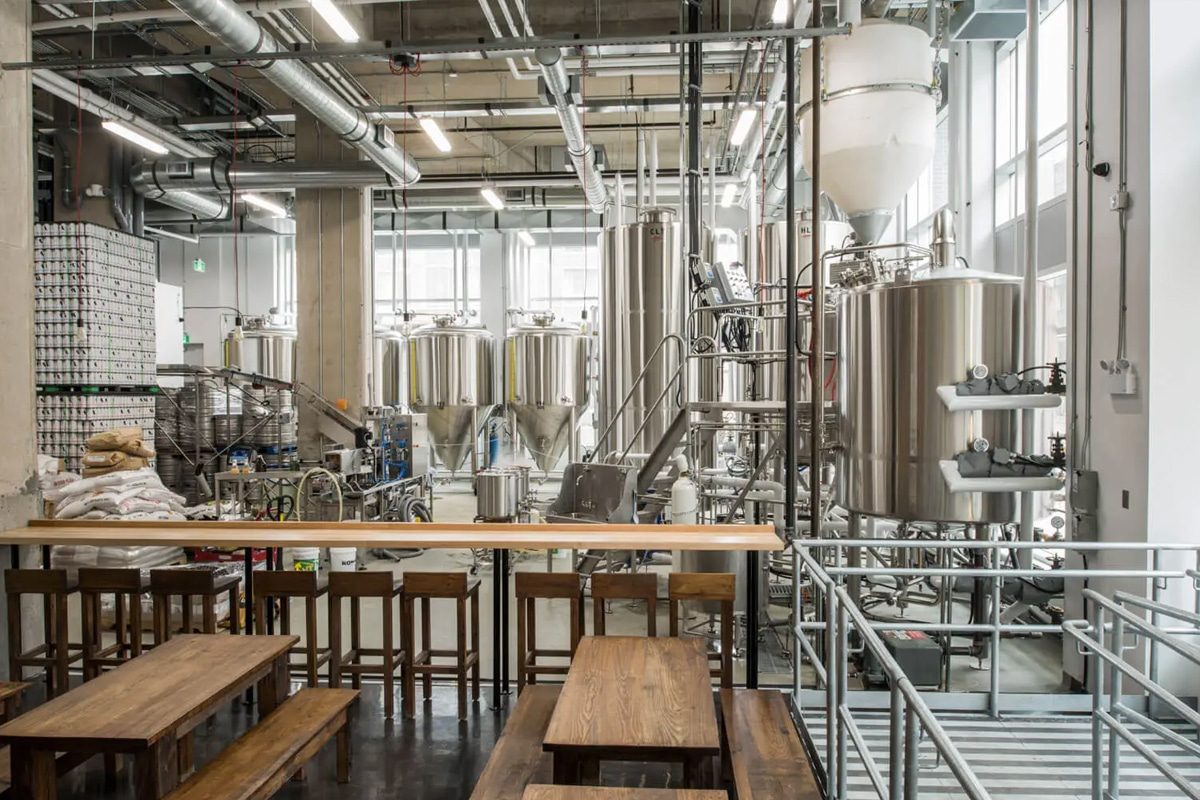
Factors To Consider When Choosing A Business Structure
Choosing the best business structure for your brewery requires careful consideration of various factors that may affect its legal, financial, and operational aspects. Here are the key factors to evaluate when making this critical decision:
Legal And Regulatory Considerations
- Compliance Requirements: Assess the legal and regulatory obligations associated with each business structure, including registration, licensing, and ongoing compliance requirements.
- Industry Regulations: Consider industry-specific regulations that govern breweries, such as alcohol licensing, labeling requirements, and health and safety standards.
Financial Impact
- Formation Costs: Assess the initial set-up costs associated with each business structure, including registration fees, legal fees, and administrative costs.
- Tax Considerations: Understand the tax implications of each structure, including income taxes, self-employment taxes, and potential tax deductions or credits available to brewery owners.
- Financial Reporting: Consider each structure’s financial reporting requirements, including accounting standards, annual filings, and compliance with financial regulations.
Operation Precautions
- Management Structure: Assess the flexibility and efficiency of the management structure each business structure allows, including decision-making processes, governance, and accountability.
- Operational Flexibility: Consider how each structure can adapt to changes in business operations, such as adding new partners, expanding production capabilities, or diversifying product offerings.
Liability Protection
- Personal Liability: Evaluate the degree of personal liability risk under each business structure, considering factors such as asset protection, creditor rights, and legal liability for the business’s debts and obligations.
- Limited Liability: Consider the level of limited liability protection provided to owners or members to protect personal assets from liability associated with the business.
Tax Implications
- Tax Treatment: Understand the tax treatment of income generated by a brewery under each business structure, including pass-through taxes for partnerships and LLCs or corporate taxes for corporations.
- Tax Planning Opportunities: Identify potential tax planning strategies, deductions, and credits available under each structure to minimize tax liability and optimize financial performance.
Operational Flexibility
- Decision-Making Authority: Evaluate the decision-making flexibility and autonomy allowed by each business structure, including the ability to quickly respond to market changes, customer needs, and industry trends.
- Management Policies: Consider how each structure fits into management policies, employee incentives, and operating protocols that are consistent with the brewery’s goals and values.
Capital Requirements
- Access Capital: Evaluate the ease of raising capital, obtaining financing, and attracting investors under each business structure, taking into account factors such as investor preferences, risk tolerance, and expected return on investment.
- Growth Potential: Evaluate the scalability and growth potential each structure offers, including the ability to reinvest profits, access external funding, and pursue expansion opportunities.
Governance And Control
- Ownership Structure: Consider the ownership structure and distribution of equity among owners or members under each business structure, including voting rights, profit-sharing arrangements, and exit strategies.
- Corporate Governance: Assess the governance mechanisms, internal controls, and accountability measures needed to maintain transparency, compliance, and ethical standards at the brewery.
By carefully evaluating these factors and combining them with your brewery’s unique goals, resources, and preferences, you can make informed decisions about the best business structure to support your brewery’s success and sustainability. It is recommended to seek guidance from legal and financial professionals who specialize in beer law and finance to effectively navigate the complexities of choosing a business structure.
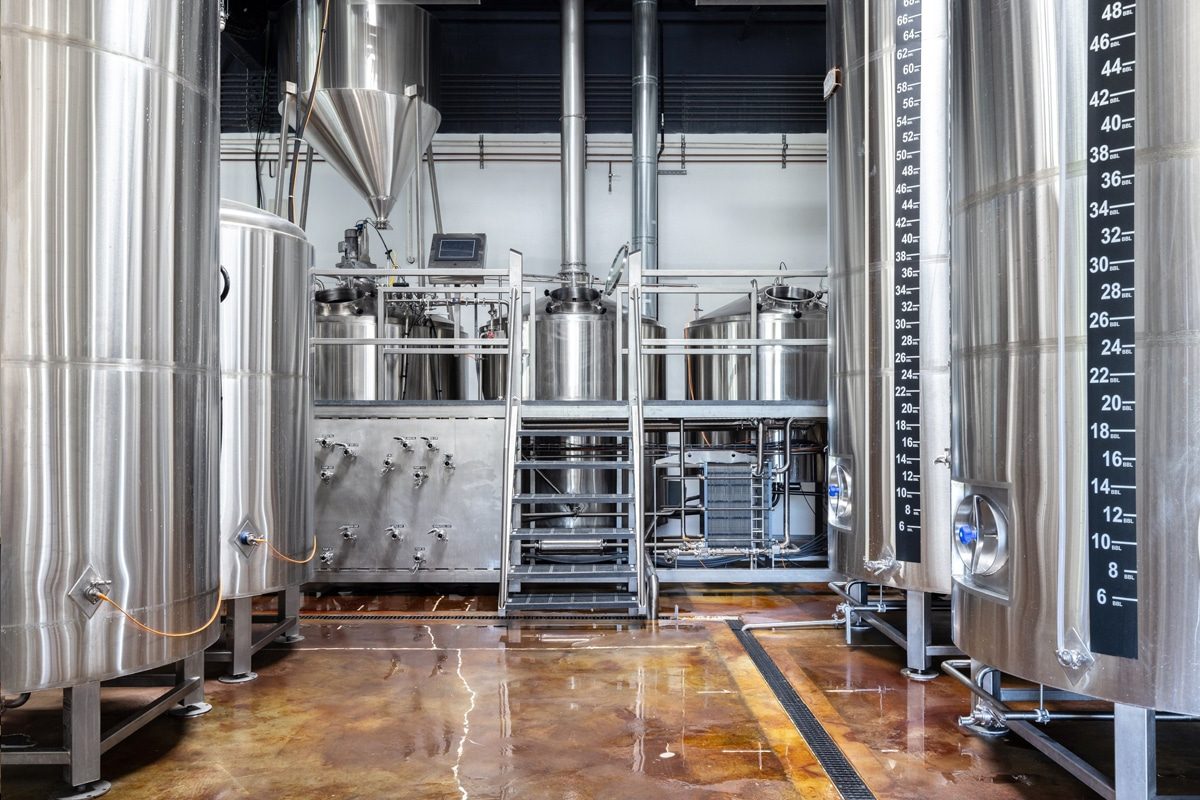
Best Practices and Considerations for Brewery Business Structure
Choosing the best business structure for your brewery is a critical decision that can have a significant impact on its success, sustainability, and growth trajectory. To make this decision effectively and lay a solid foundation for your brewery’s future, consider the following best practices and key considerations:
- Understand Your Brewery’s Needs and Goals: Take the time to evaluate your brewery’s unique needs, goals, and long-term vision. When evaluating potential business structures, consider factors such as size, desire for growth, risk tolerance, and industry dynamics.
- Seek Professional Guidance: Consult with legal, financial, and industry experts who specialize in brewery business structures. Experienced consultants can provide valuable insight, guidance, and expertise based on your specific situation and goals.
- Assess Regulatory Requirements: Become familiar with the legal and regulatory requirements associated with each business structure, including formation, licensing, tax, and compliance obligations. Ensure compliance with industry-specific regulations such as liquor licensing and distribution laws.
- Consider Liability Protection: Evaluate the level of liability protection each business structure provides and its impact on personal asset protection. Choose a structure that provides adequate protection against business debts, lawsuits, and legal liabilities while minimizing personal risk.
- Analyze Tax Implications: Evaluate the tax implications of each business structure, including income taxes, self-employment taxes, and potential tax deductions or credits. Consider factors such as pass-through taxes, double taxation, and tax planning opportunities to optimize tax efficiency and minimize liabilities.
- Prioritize Operational Flexibility: Choose a business structure that provides flexibility in management, decision-making, and operational processes. Consider how each structure adapts to changes in ownership, management roles, and business operations as your brewery grows and grows.
- Assess Capital Requirements: Evaluate the ease of raising capital, obtaining financing, and attracting investors under each business structure. When evaluating financing options, consider factors such as investor preferences, risk appetite, and investment return expectations.
- Align Governance Structure: Establish a governance structure that is consistent with the brewery’s values, culture, and management philosophy. Define roles, responsibilities, and decision-making processes to ensure clarity, accountability, and effective communication among stakeholders.
- Growth and Expansion Planning: Anticipate future growth and expansion opportunities when choosing a business structure. Choose a structure that facilitates scalability, access to capital, and operational agility to support the brewery’s long-term growth goals.
- Periodic Review and Adjustment: Regularly review and re-evaluate the brewery’s business structure in light of changing market dynamics, regulatory requirements, and business objectives. Stay informed about industry trends, emerging opportunities, and evolving best practices to adjust your structure accordingly.
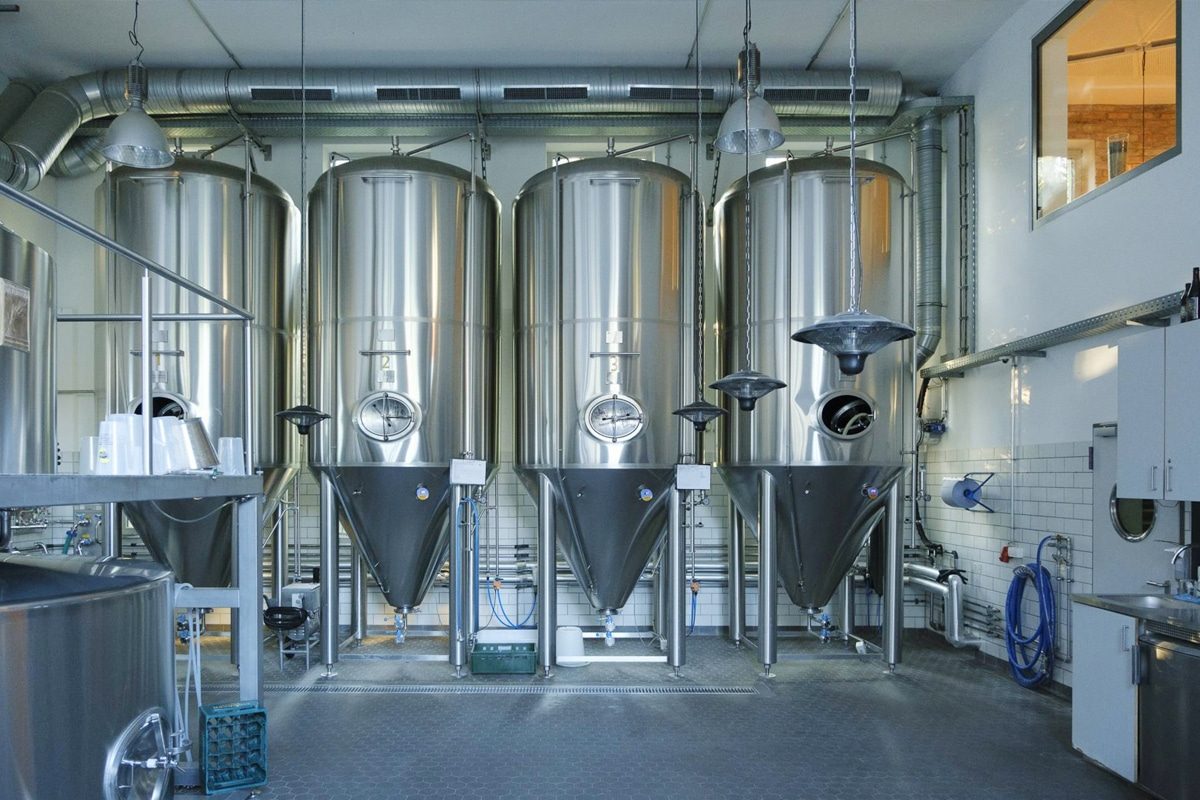
Summarize
In the dynamic and multifaceted world of brewery ownership, selecting the best business structure is paramount for success and sustainability. Each business structure, whether it’s a sole proprietorship, partnership, limited liability company (LLC), corporation, or cooperative, offers unique advantages and disadvantages. Sole proprietors enjoy simplicity and direct control but face unlimited liability, while partnerships provide shared resources but can be susceptible to conflicts. LLCs combine limited liability with tax flexibility, whereas corporations offer access to capital but involve extensive regulatory requirements. Cooperatives prioritize shared ownership and social responsibility but may encounter governance complexities. By carefully evaluating factors such as legal and regulatory considerations, financial implications, operational needs, and growth potential, brewery owners can make informed decisions that align with their long-term goals and values. Ultimately, the best business structure for a brewery is one that fosters growth, resilience, and success in the ever-evolving brewing industry.
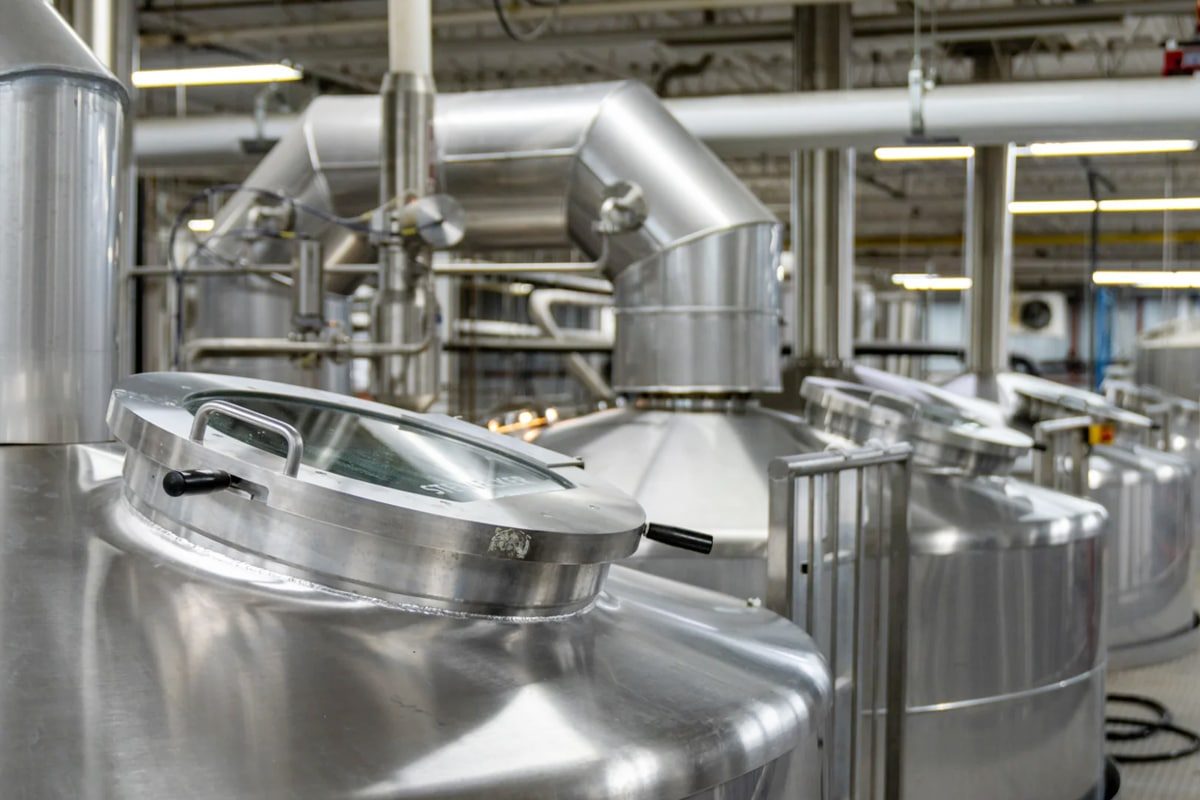
Get A Turnkey Brewery Solutions
When considering the best business structure for your brewery, it’s essential to partner with a trusted expert in the field. ZYB Craft offers turnkey brewery solutions tailored to meet the unique needs of brewery owners, regardless of their chosen business structure. With our expertise in brewhouse design, equipment procurement, installation, and ongoing support, we empower breweries to thrive and succeed in the competitive market.
By collaborating with ZYB Craft, brewery owners can leverage our comprehensive solutions to streamline their operations, enhance efficiency, and maximize profitability. Whether you’re establishing a new brewery or looking to expand your existing operation, our team of experienced professionals is committed to delivering innovative solutions that drive success.

